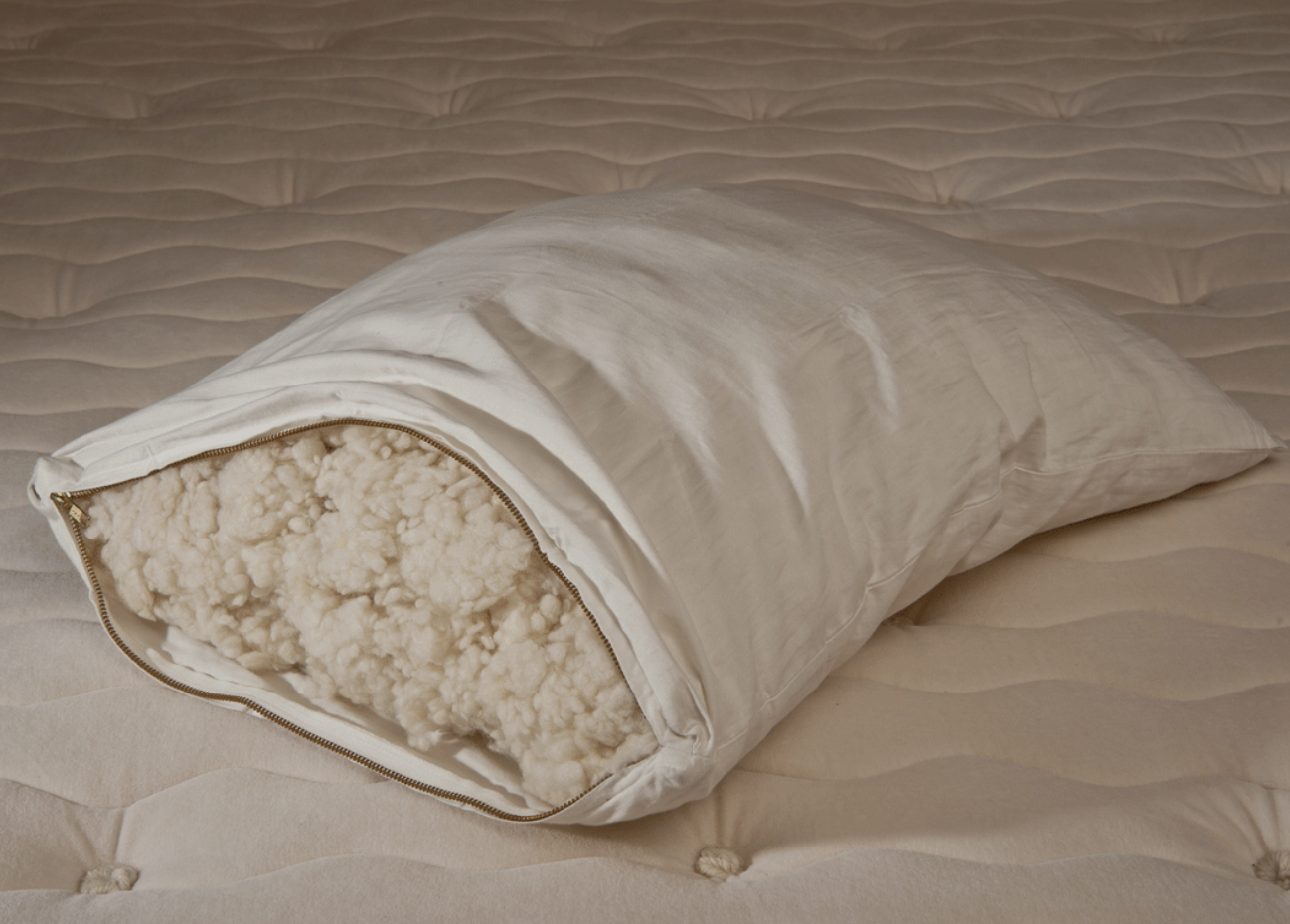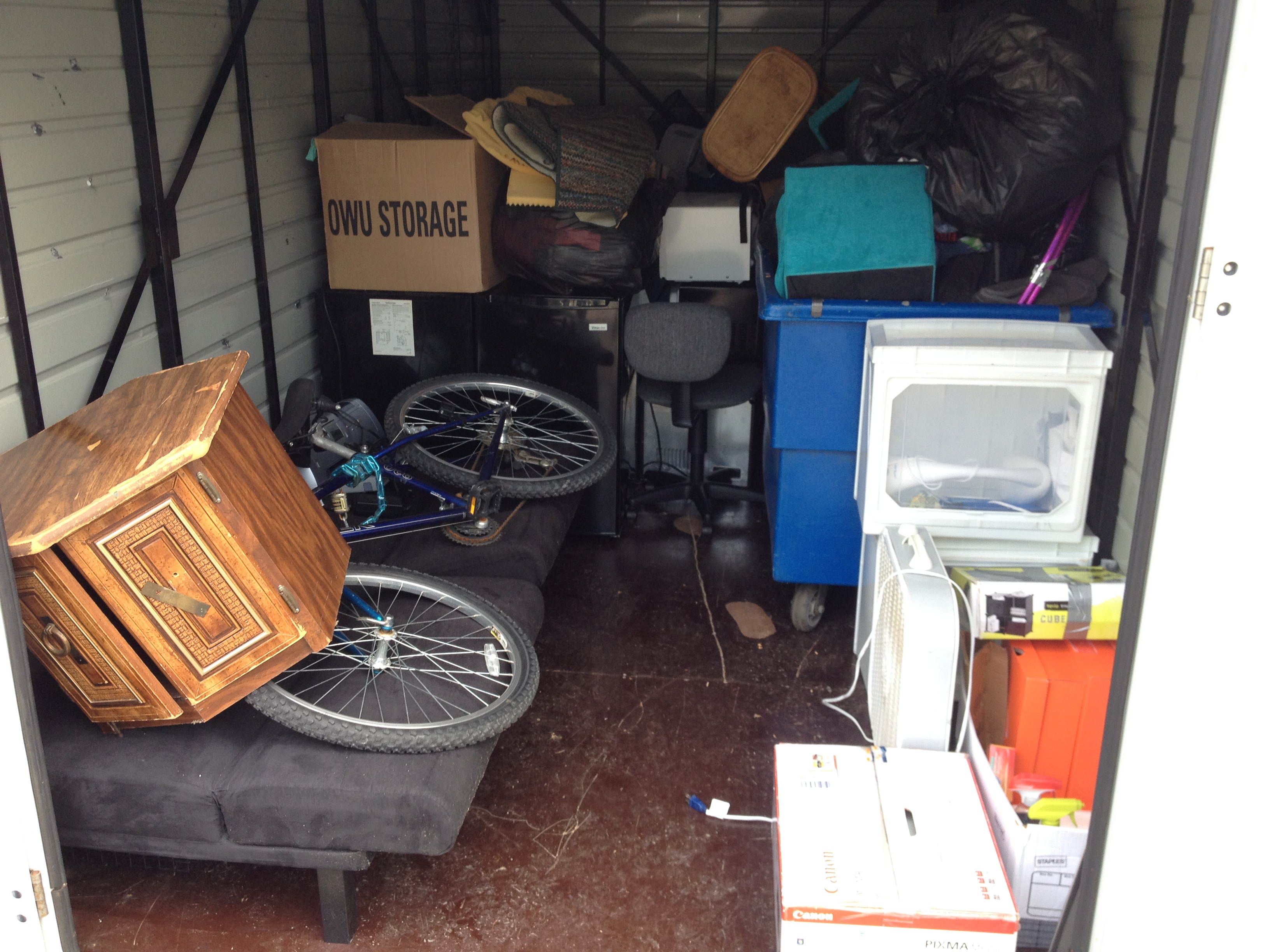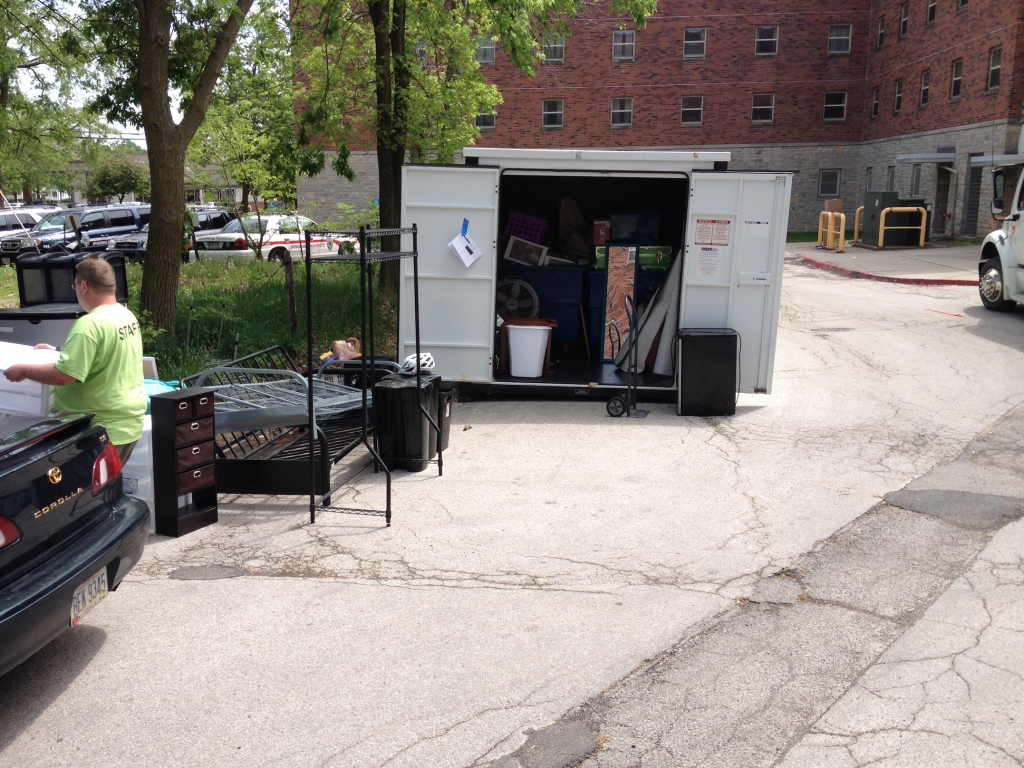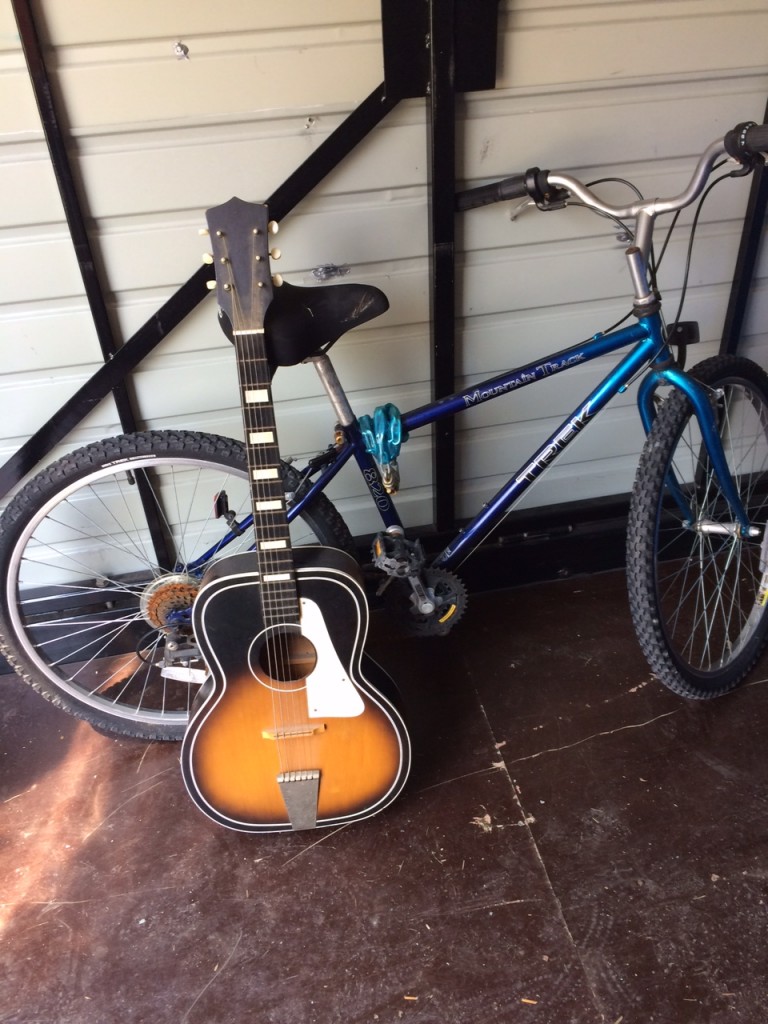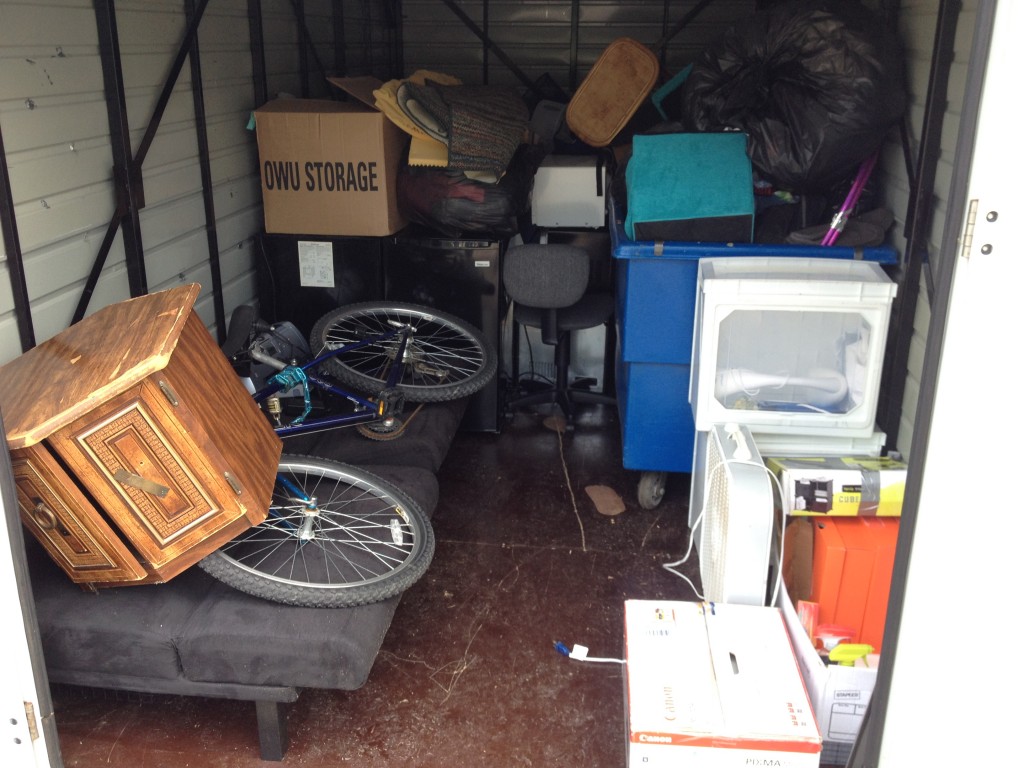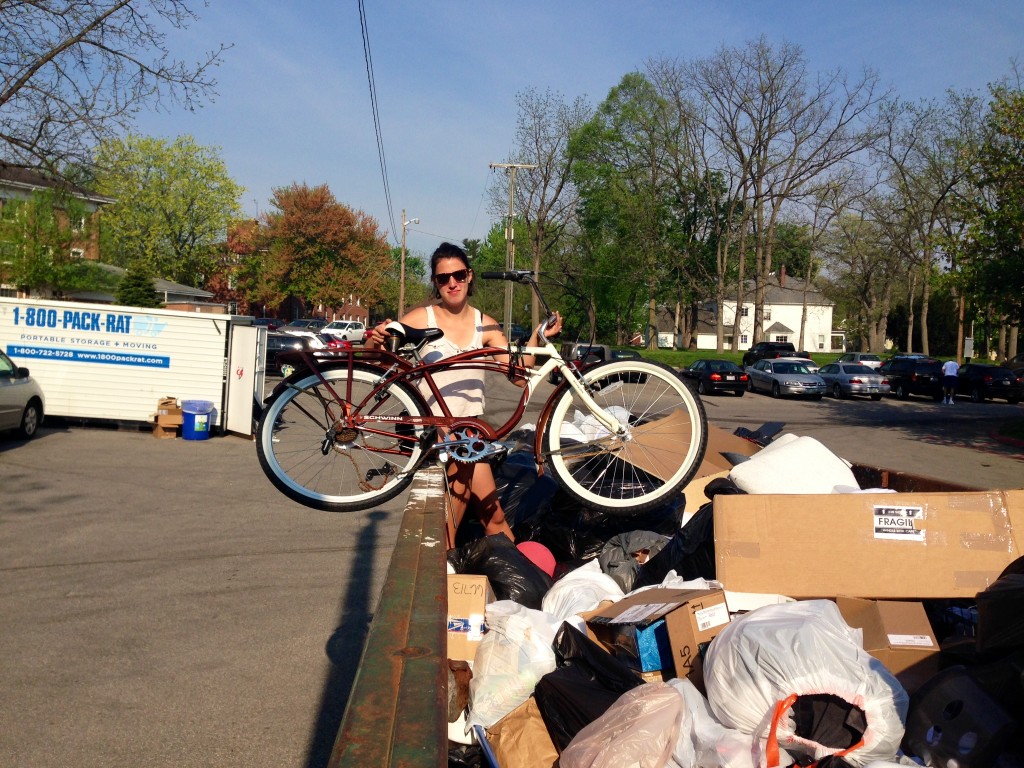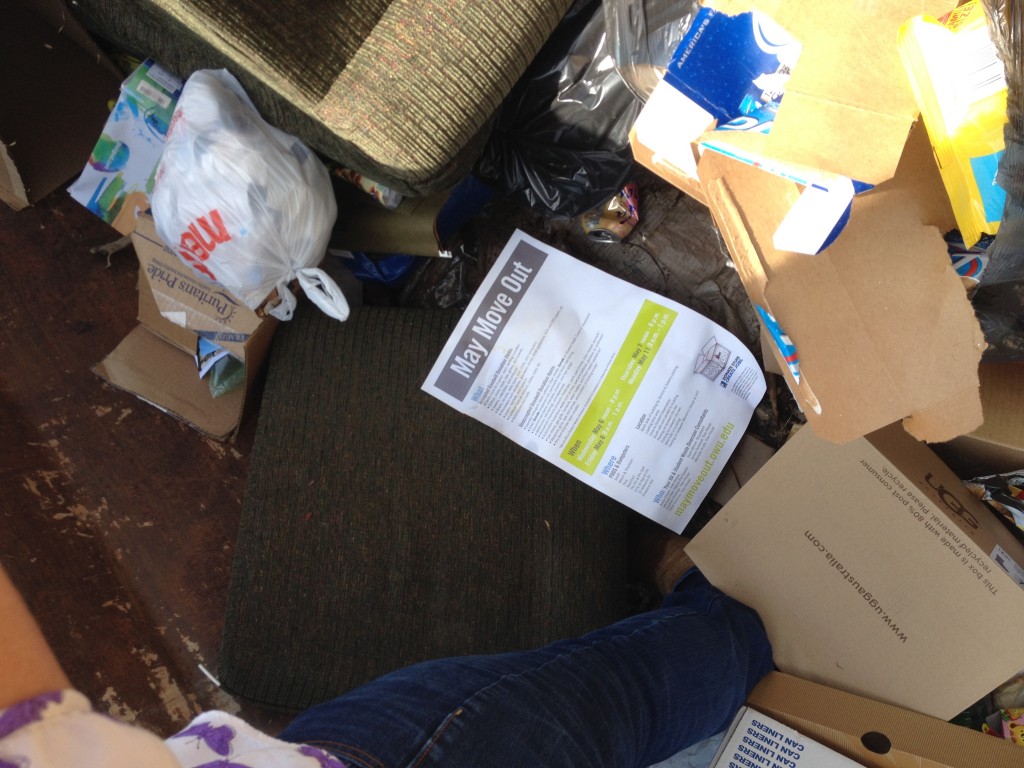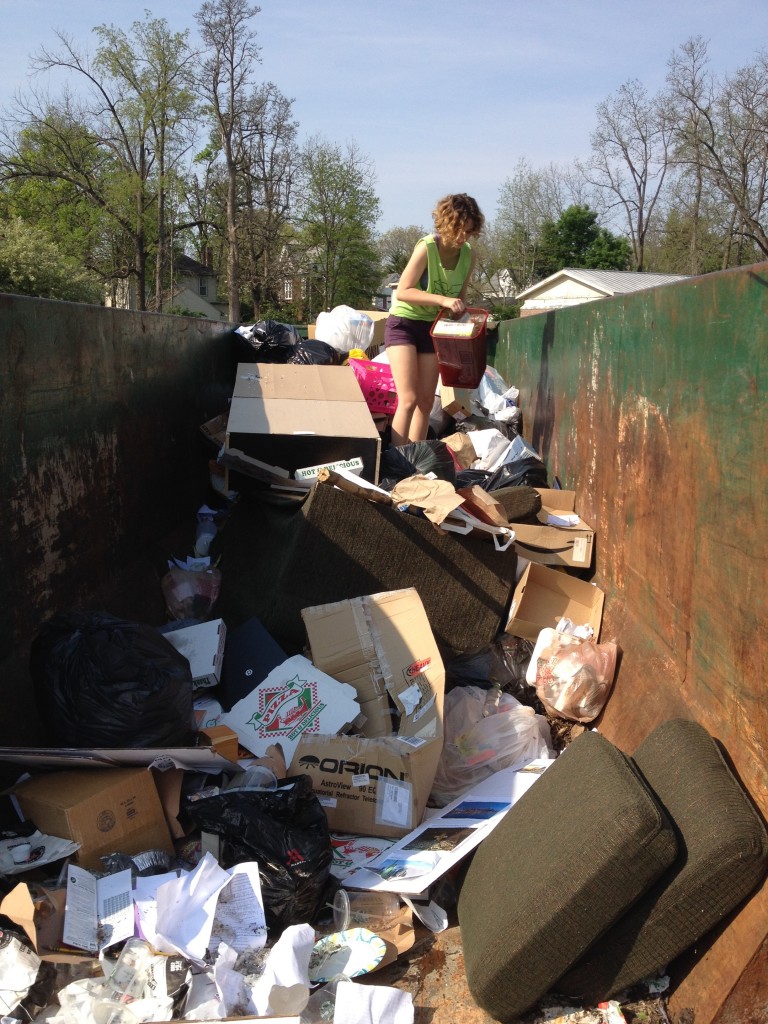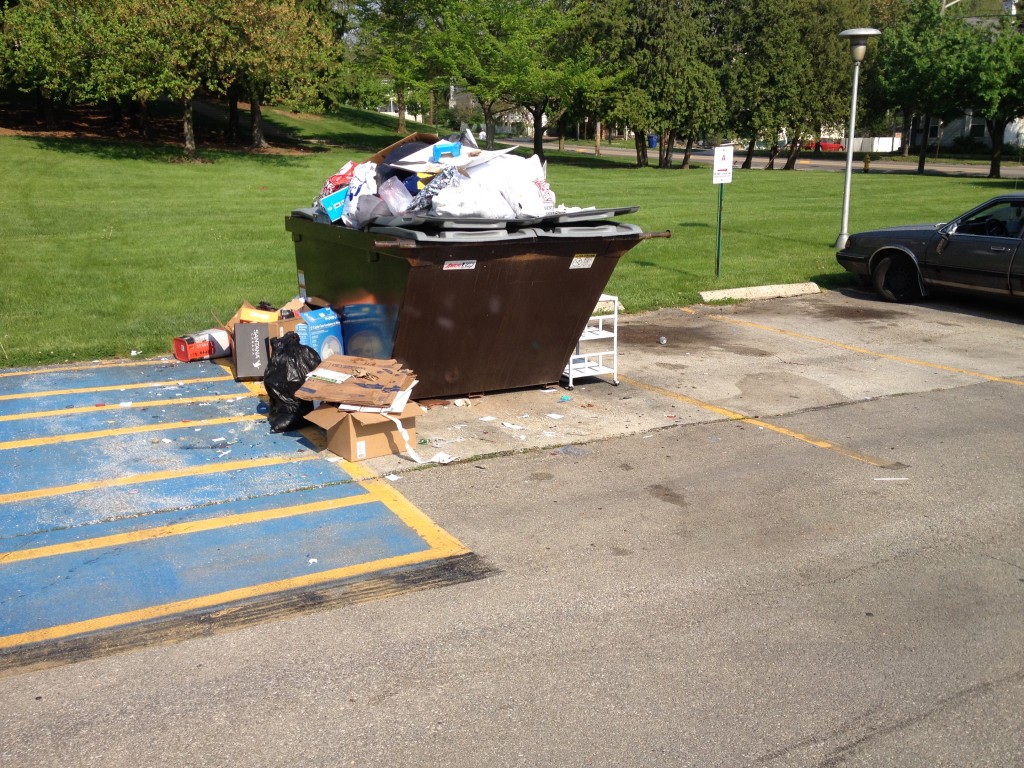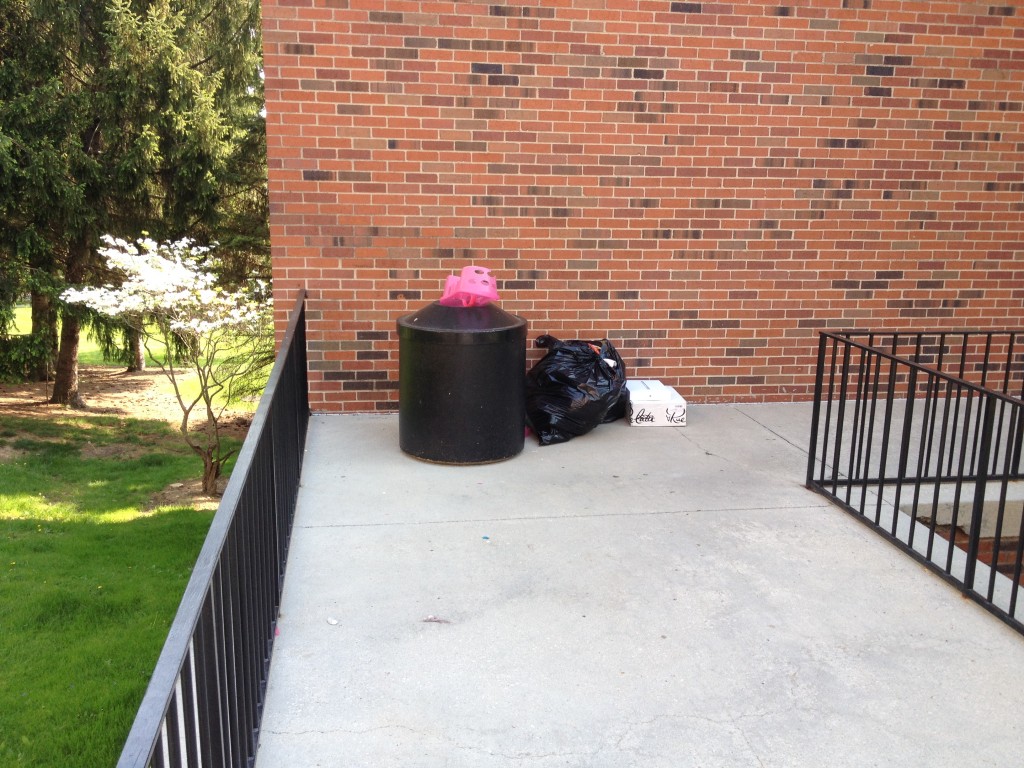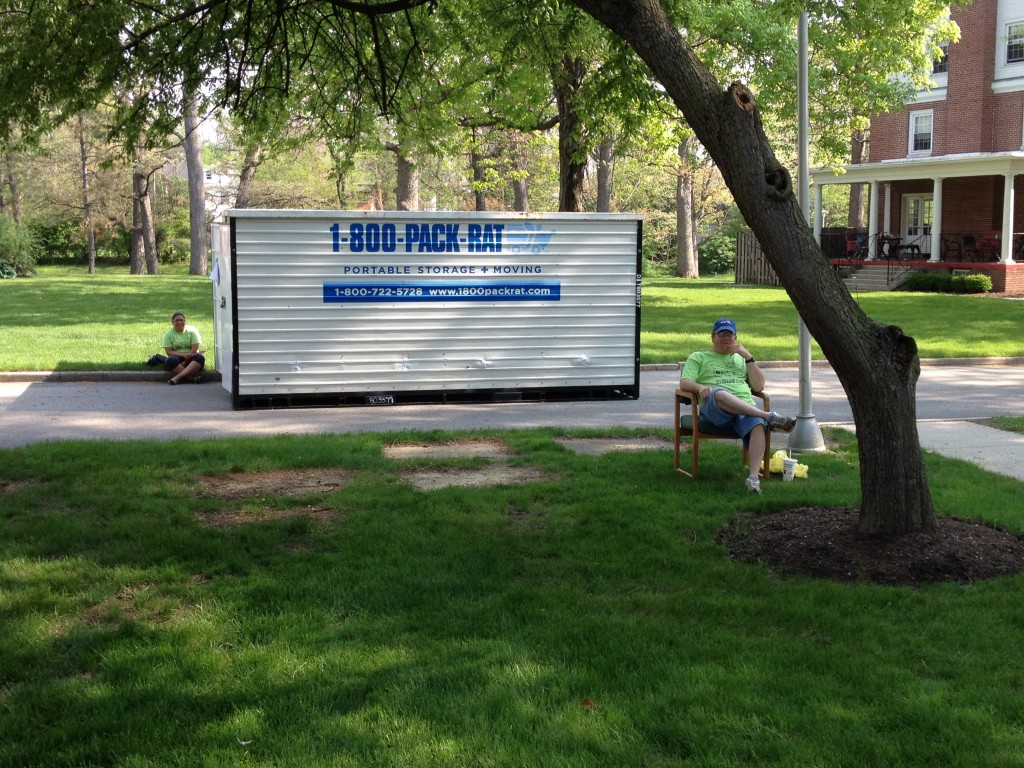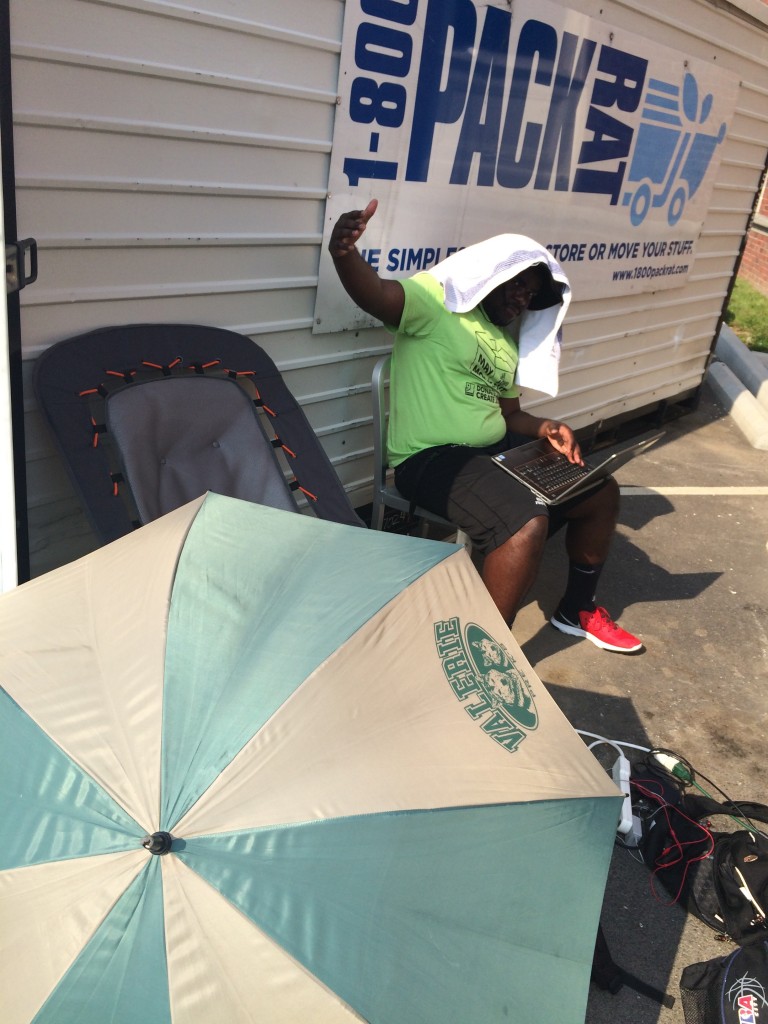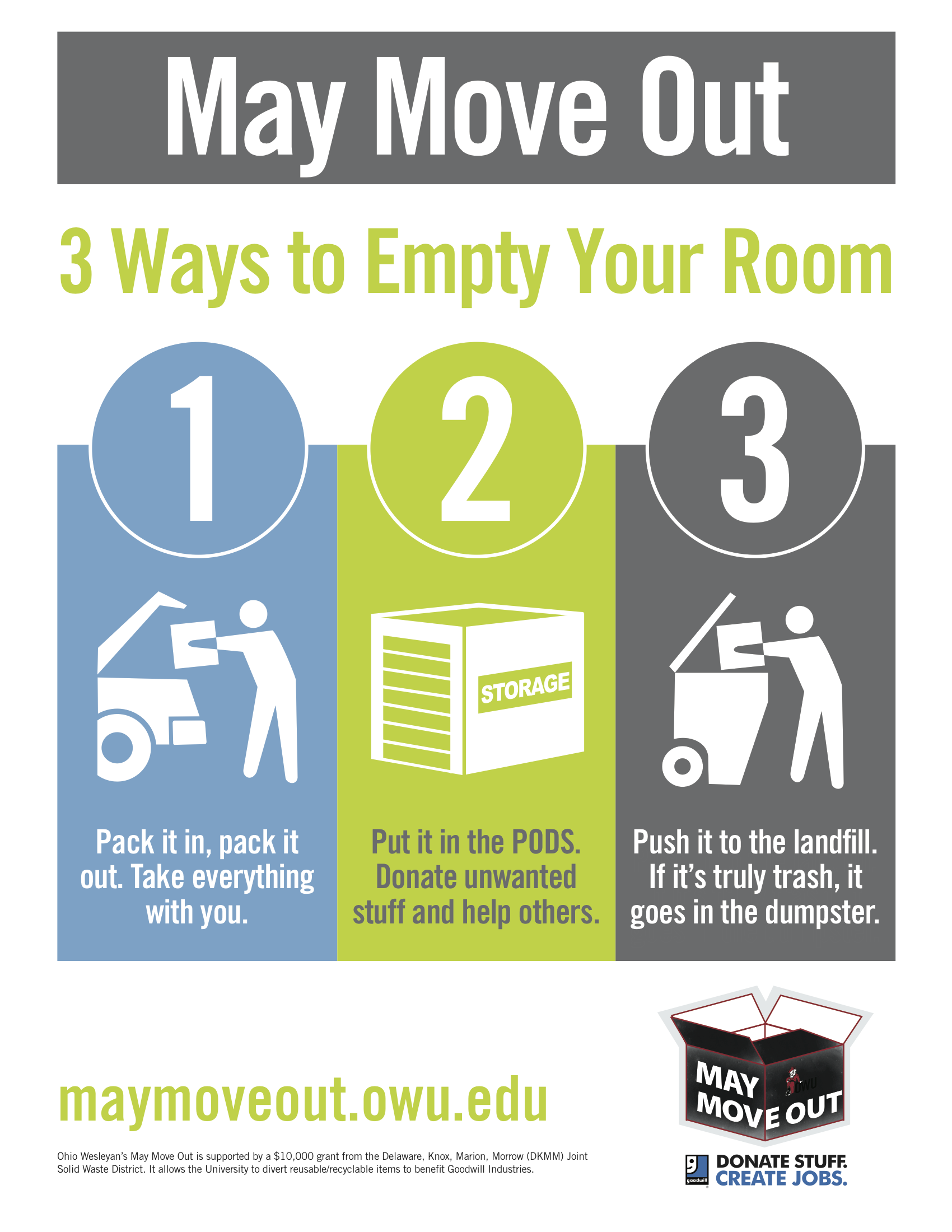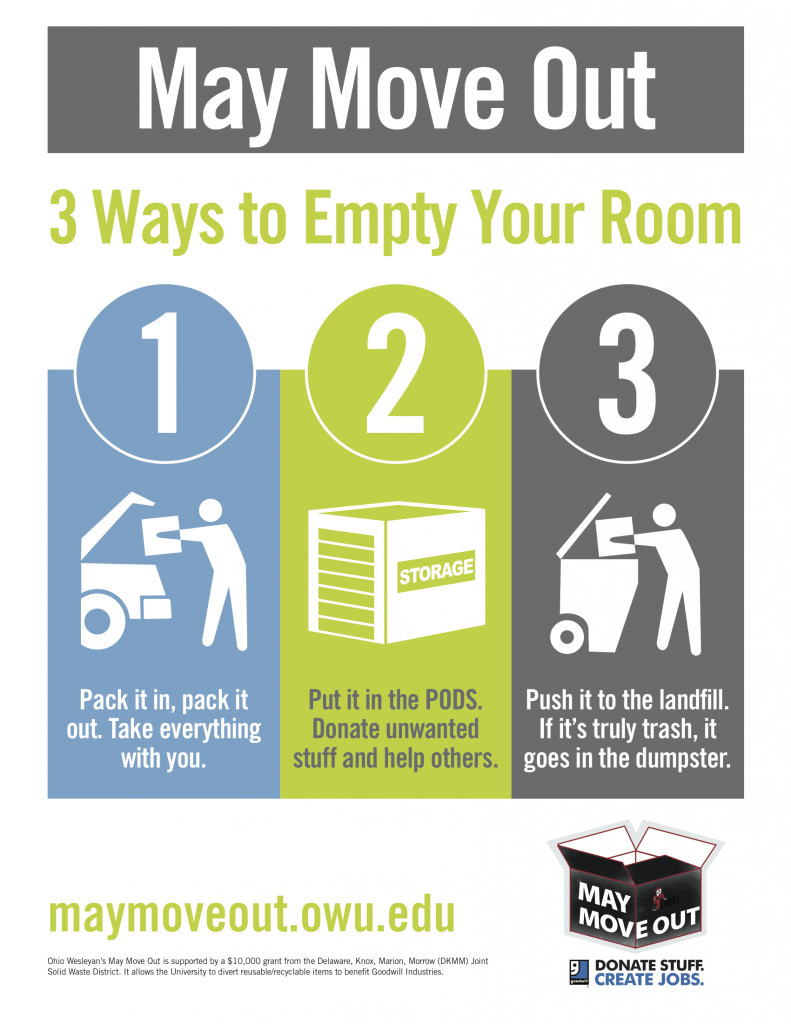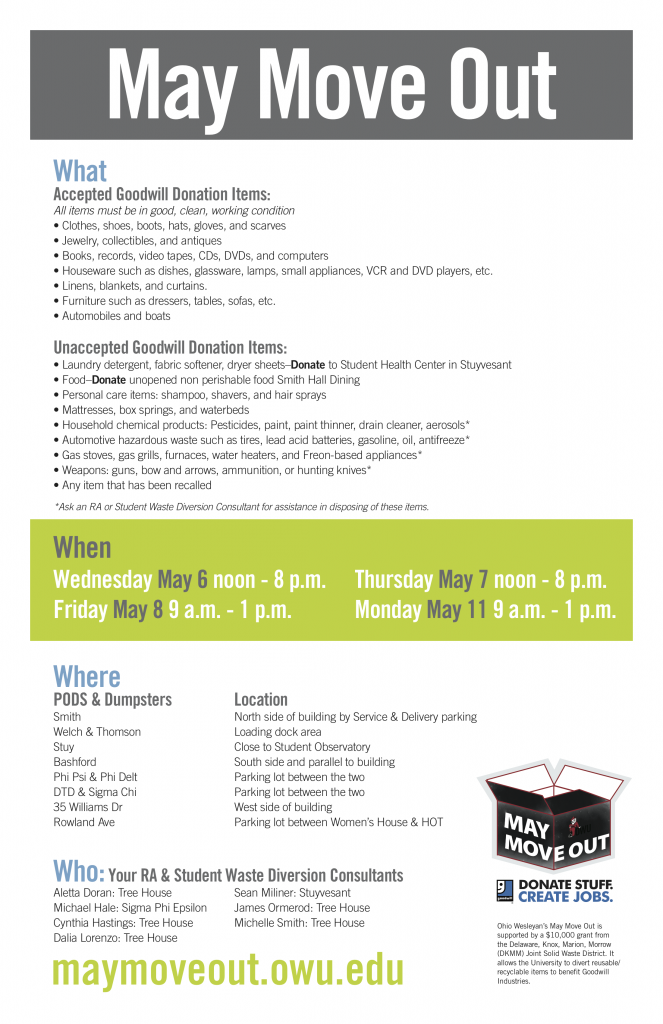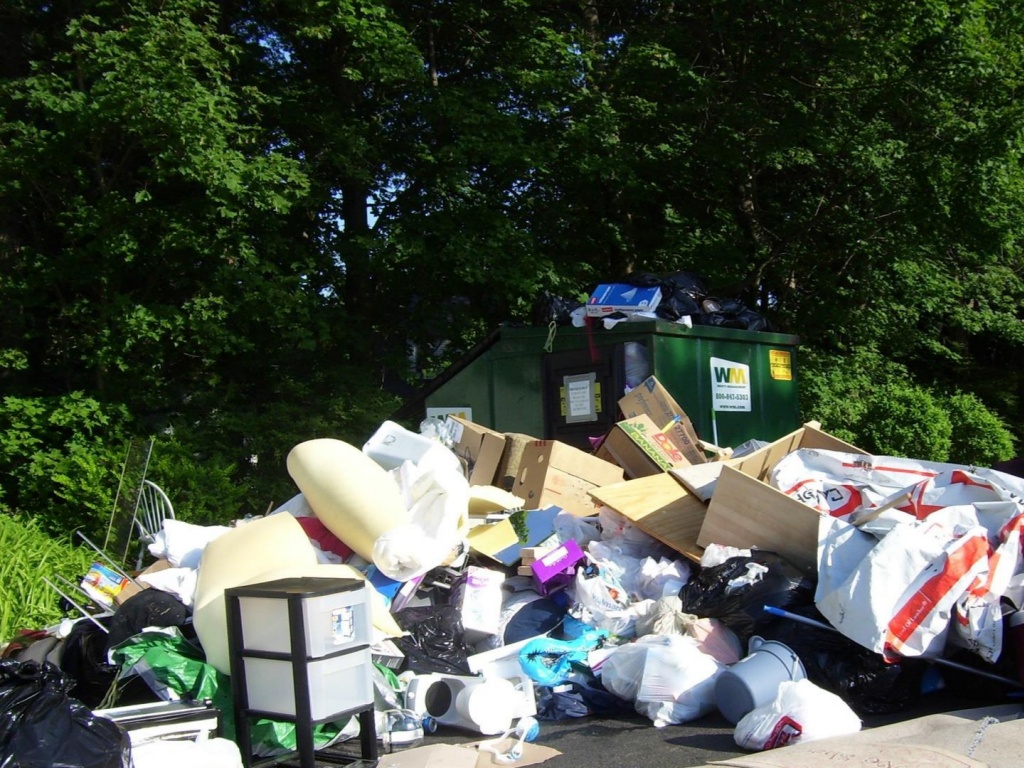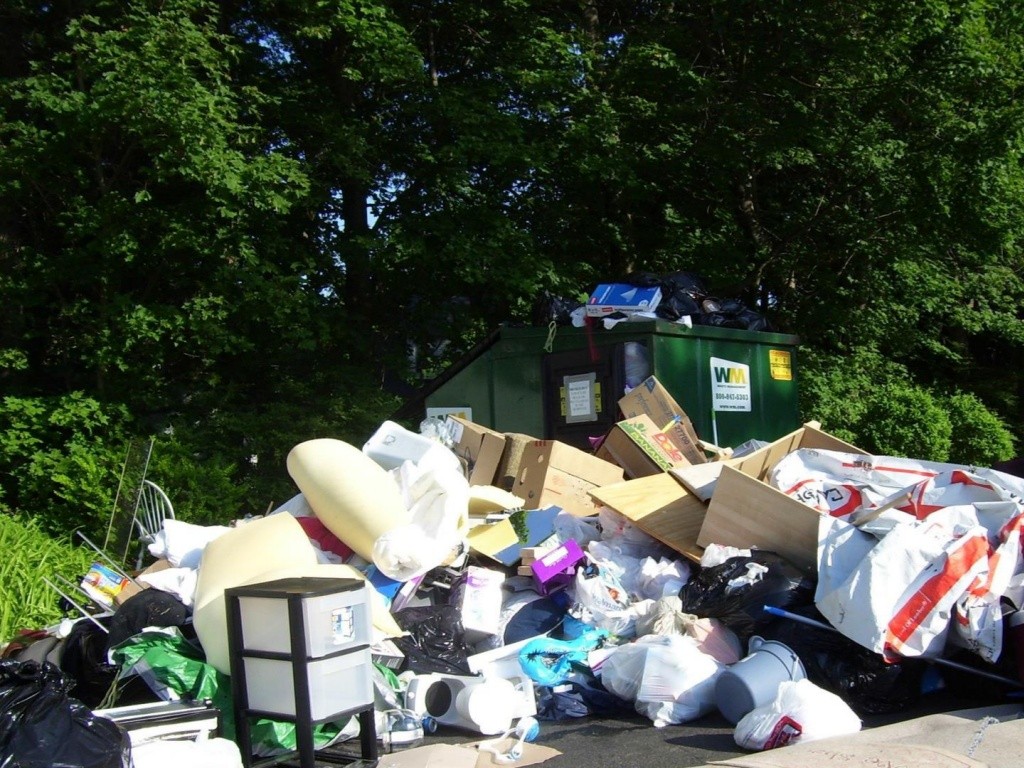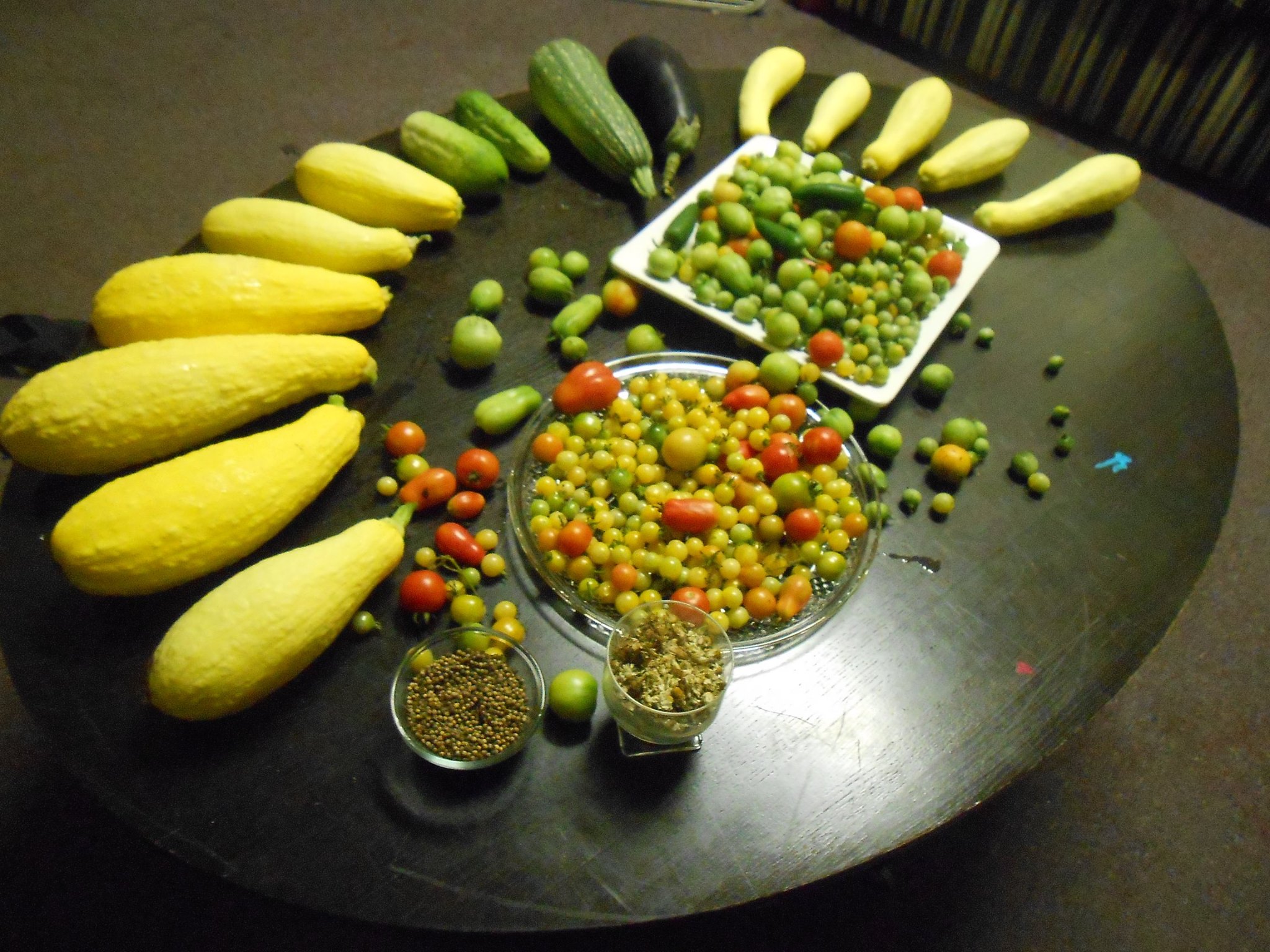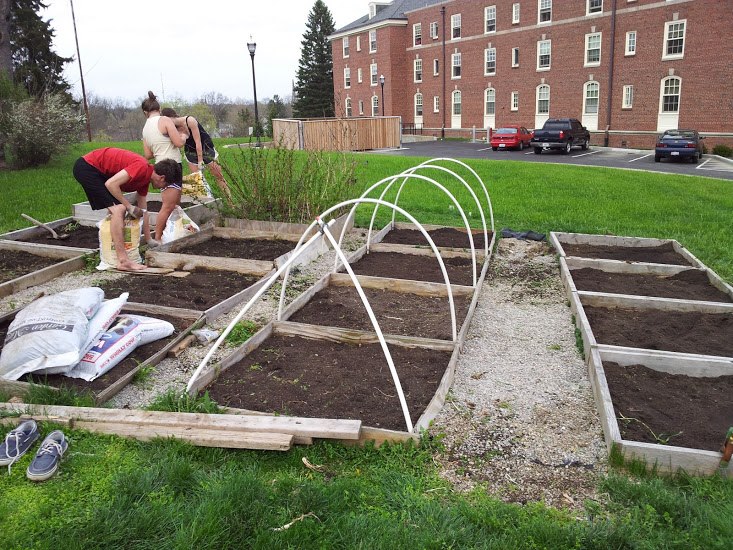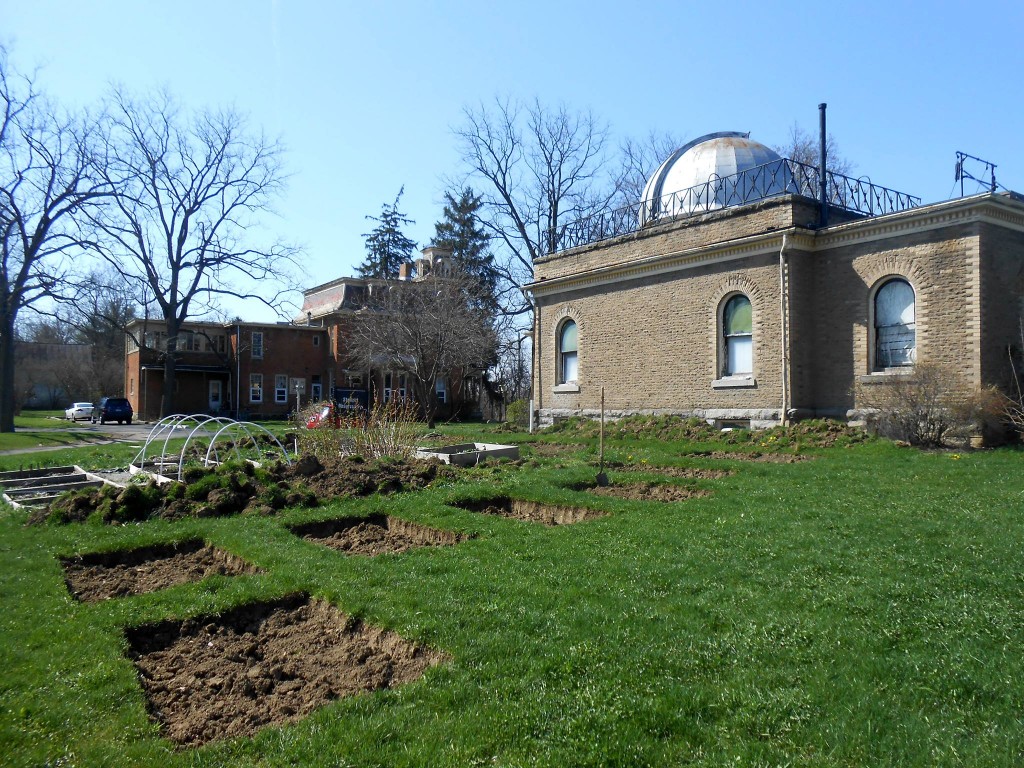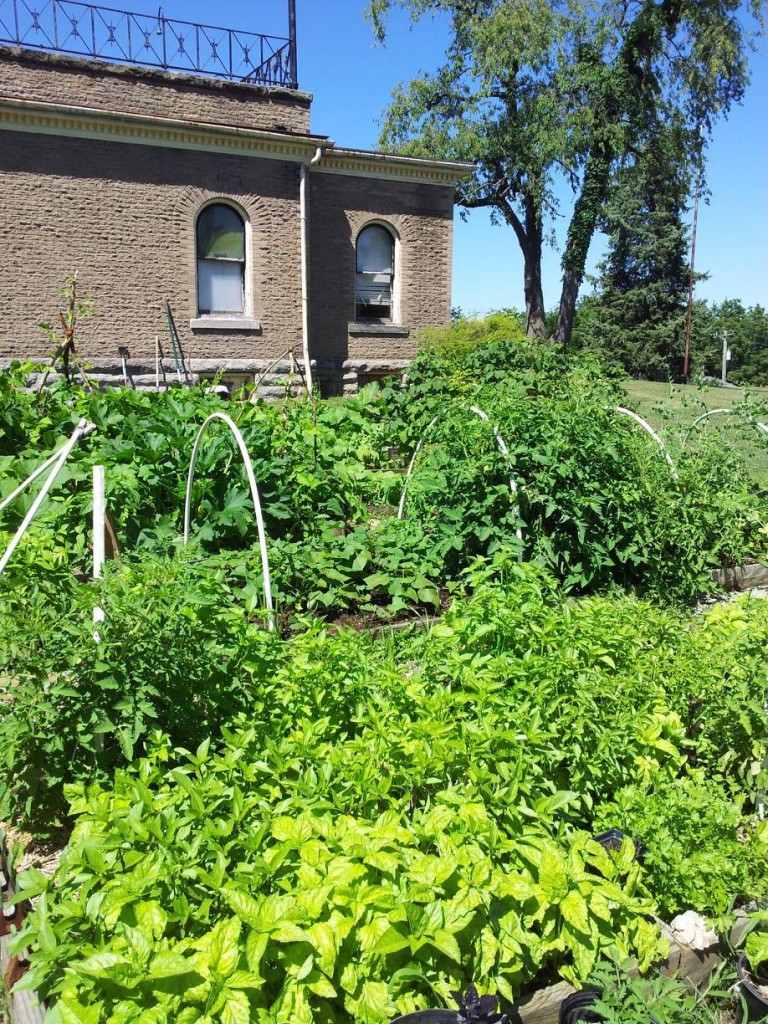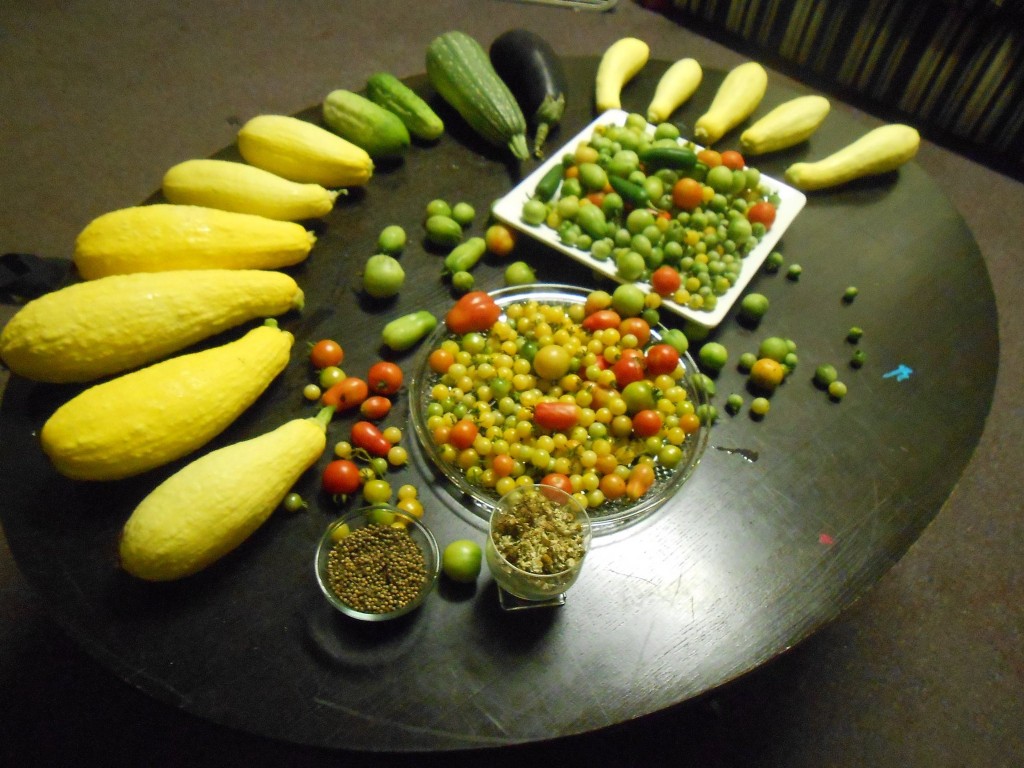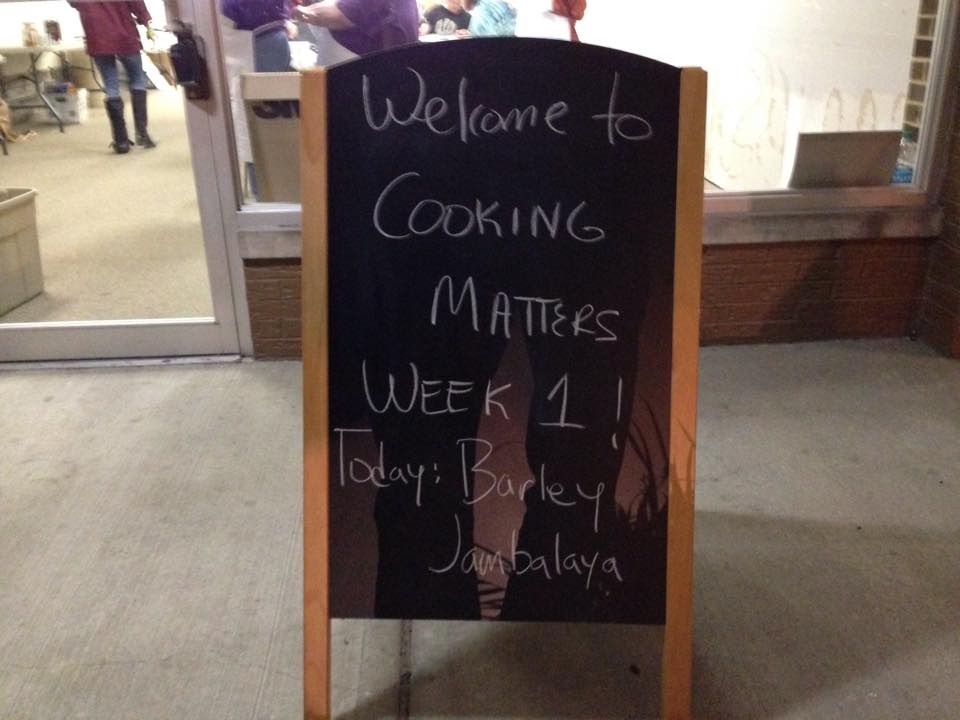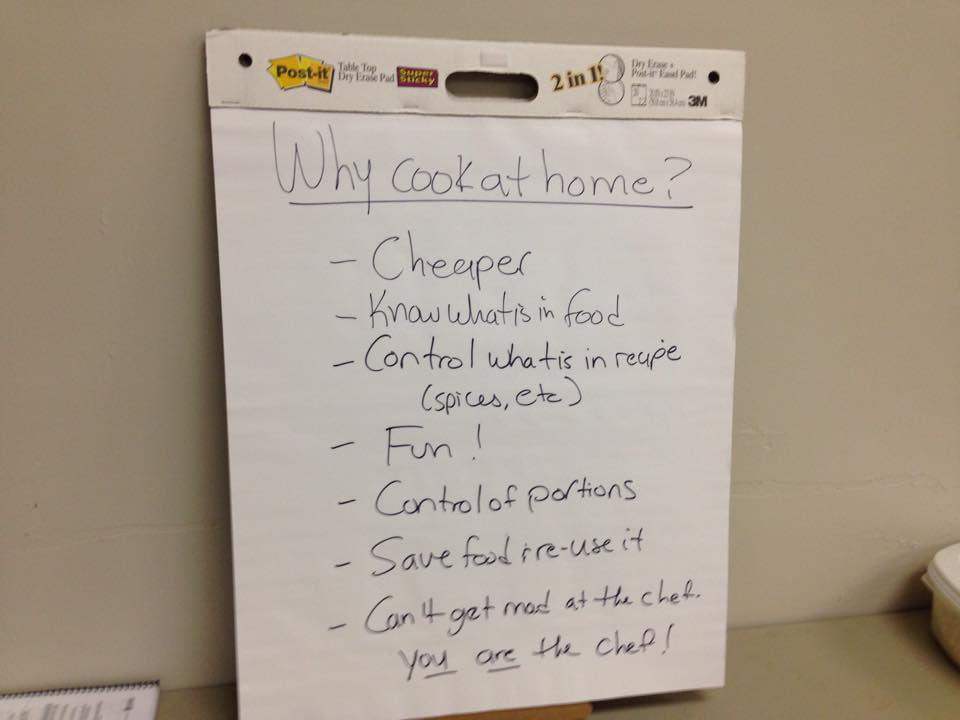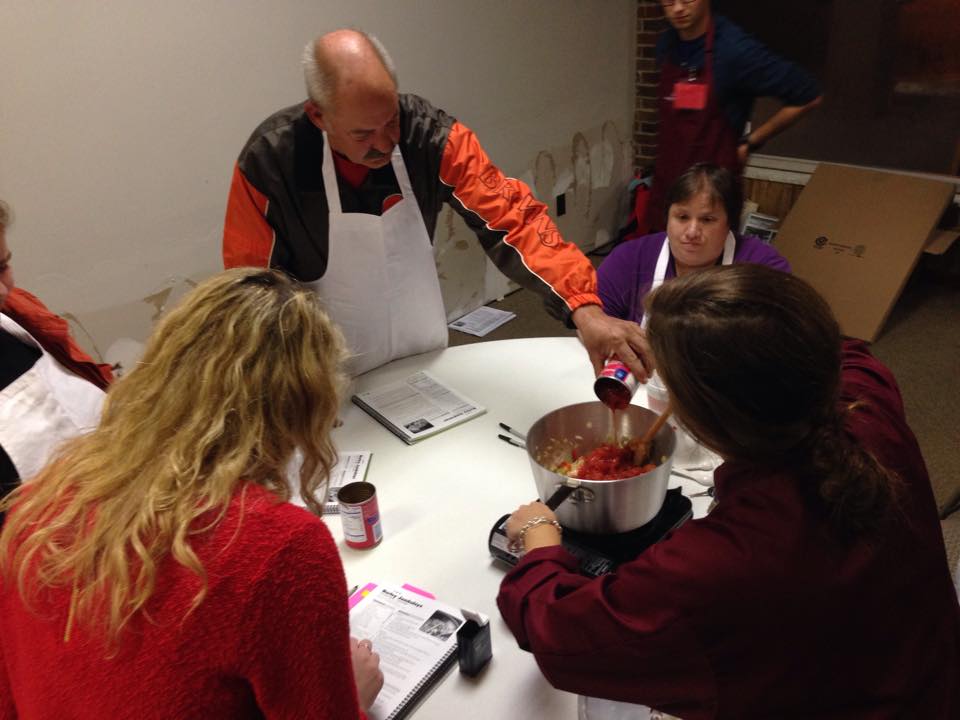
An update on OWU’s Environmental Studies Program as the fall 2016 semester starts.
2015-2016 academic year developments are listed on an earlier post on the OWU Environment & Sustainability Blog.
A few additional developments are worth noting:
Of obvious importance is the proposal for transforming our nearly 40 year old Environmental Studies program into Environmental Sustainability, part of the campus-wide effort to expand enrollment. The proposal was compiled by a group of faculty, Ellen Arnold, Amy Downing, Chris Fink, and John Krygier, drawing from 5 years of efforts by ES faculty, staff and students, including content drawn from:
- 2012 Environmental Studies Program Self Study
- 2013 Environmental Studies External Program Review
- 2014 Proposal – OWU Center for the Environment
- 2014 Proposal – Sustainability Region
- 2015 Program Case for Support
The Environmental Sustainability Major, if approved by faculty (the vote should happen at the Monday September 19, 4:30 pm faculty meeting), will have three tracks: Food, Climate, and Sustainability. All will involve a significant amount of applied work, theory-into-practice, and internships.
Collaborative efforts with Chris Fink (HHK) over the past few years fleshed out the Food Track in the proposed new major. Much of this is embodied in the Food Minor, passed at the last faculty meeting in the spring. We are formalizing connections with Stratford Farm and the Seminary Hill Farm south of campus, where we placed a dozen or so interns last academic year.
The addition of Nathan Amador to the faculty was central in solidifying our Climate Track for the proposed major. Nathan and Craig Jackson have led the effort on the Climate front.
Finally, the Sustainability Track in the major is the result of the work of faculty, staff and students over the past decade. In particular, Sean Kinghorn (sustainability coordinator, 2012-14), B&G’s Peter Schantz, Chartwell’s Gene Castelli, staff in Res Life and other folks who helped guide well over 100 student sustainability projects.
Laurie Anderson’s efforts have been central to all three tracks in the proposed program, and sustainability on campus in general.
Recent past Sagan National Colloquiums have also infused our proposal with ideas: Sustainability (2008-09), Food (2012-13), Climate (2013-14), Water (2014-15) and Waste (2015-16). All brought an array of scholars to campus, driving home the point that all these environmental and sustainability issues are of significant importance.
Nathan Amador and student Todd D’Andrea spent several weeks in southern Costa Rica this summer, collaborating with Amy Work (OWU ’04) on what we hope will be a long-term component of the Environmental Sustainability program, looking at the local impacts of global environmental change. Nathan organized and led a travel learning course (Fall 2015) that had students working with Amy over the semester break (2015-16) and we plan to return with another travel learning course in the fall of 2017. More info on Amy’s efforts are here.
Thanks to all who have contributed to our efforts over the years: your work is now part of the Environmental Sustainability proposal.
The Sustainability Task Force (STF) initiated in 2008 has been instrumental in moving sustainability forward on campus. Contact Nathan Amador for the date and time of the next STF meeting (and let him know if you want to be added to the STF mailing list). It is open to all.
Students in my Spring 2015 and Spring 2016 Sustainability Practicum not only managed a bevy of ongoing sustainability projects on campus, they also developed a 40 page overview (Spring 2015) of past and present sustainability that was reformed (Spring 2016) into a proposed OWU Sustainability Plan in collaboration with the STF. We also consulted with OWU alumni who work in the field of sustainability.
Finally, last academic year, Jim Peoples, Nick Crane (now at the University of Wyoming) and I managed the Luce Foundation funded initiative on Sustainability in Asia and the West, with a focus on waste and discard studies. This effort, a collaboration between OWU’s East Asian Studies and Environmental Studies Programs, moves forward with an implementation grant we are currently writing. Obviously this effort will sync nicely with the proposed Environmental Sustainability Program. It also corresponds nicely with the development of a Global Studies Center on campus, headed up by Jeremy Baskes, and part of the GLCA’s Global Crossroads program.
Again, thanks for all the efforts on what has been a great cross-disciplinary collaboration between faculty, students, staff and alumni over the past five years.

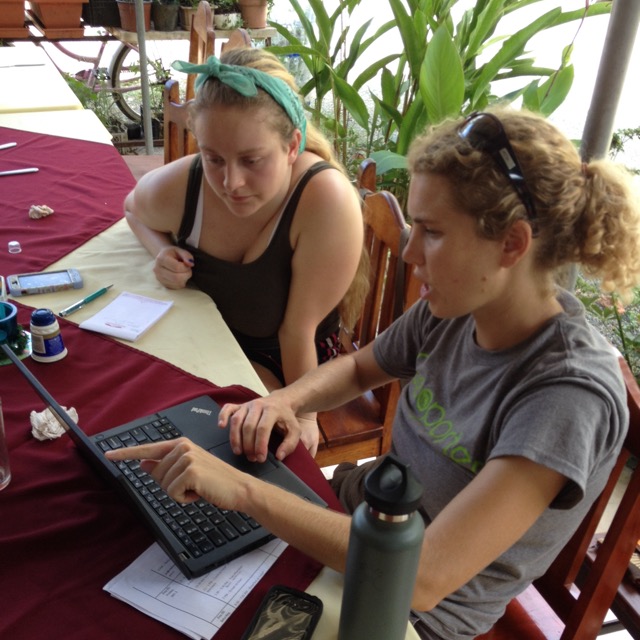
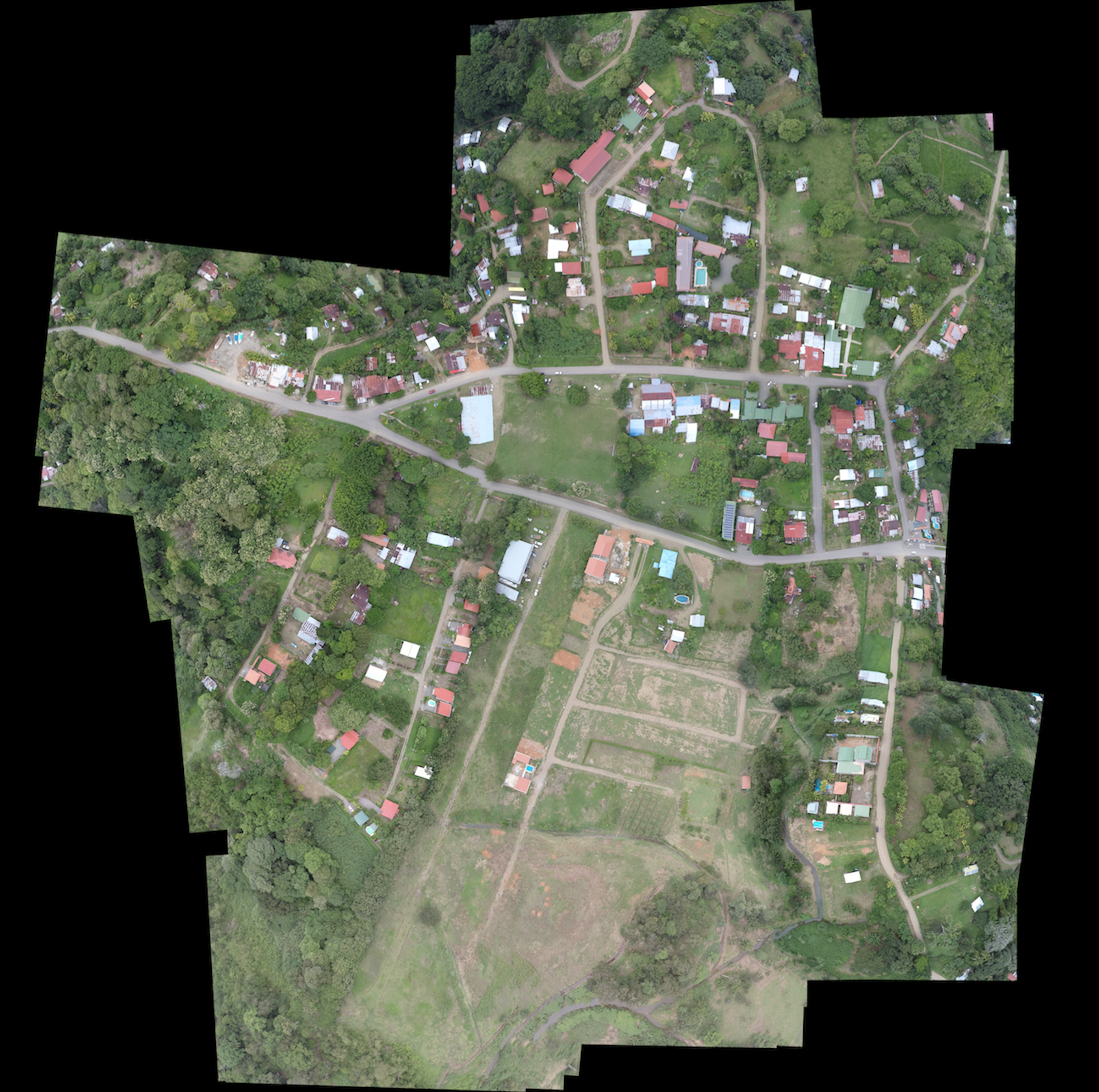


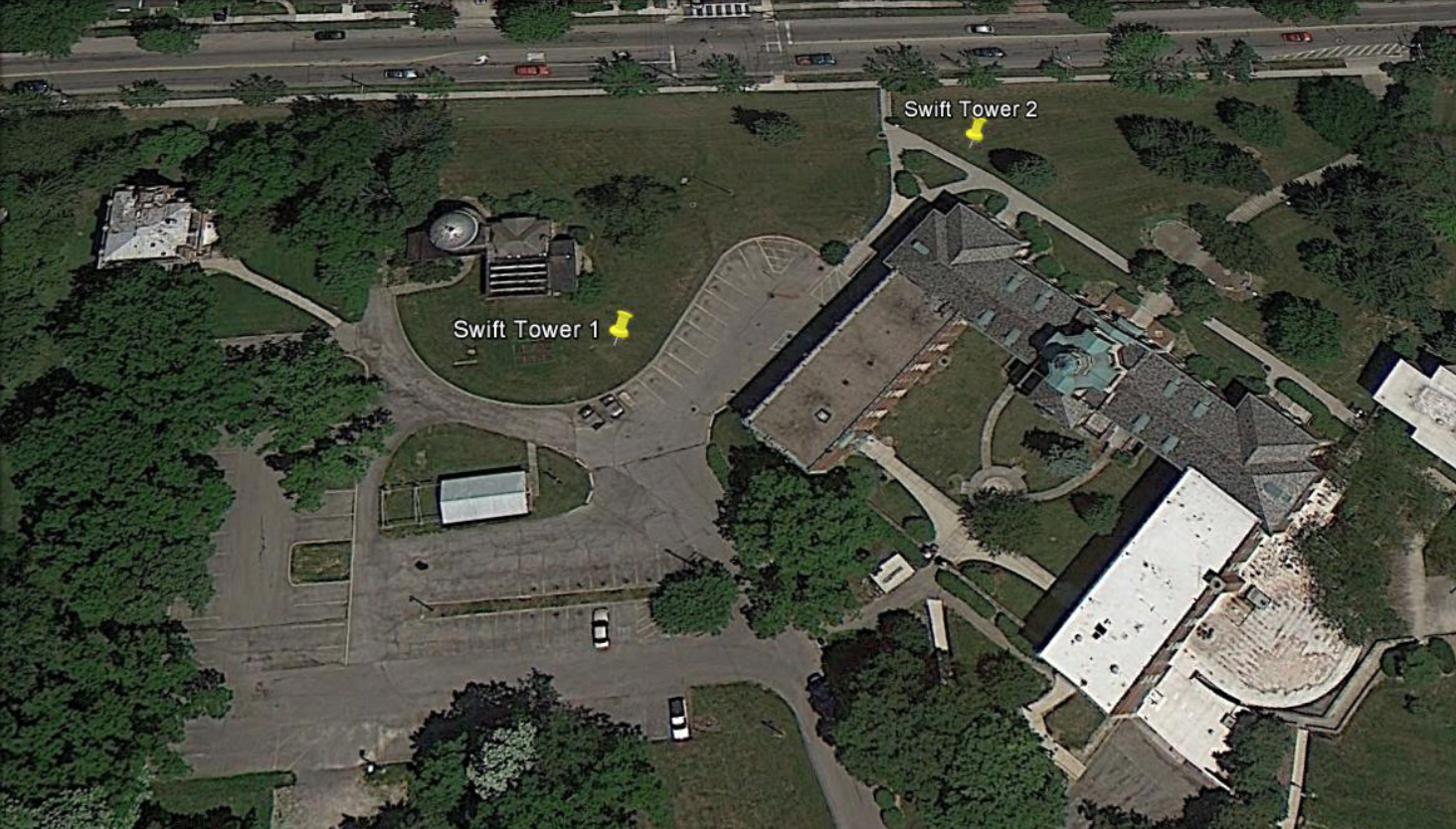

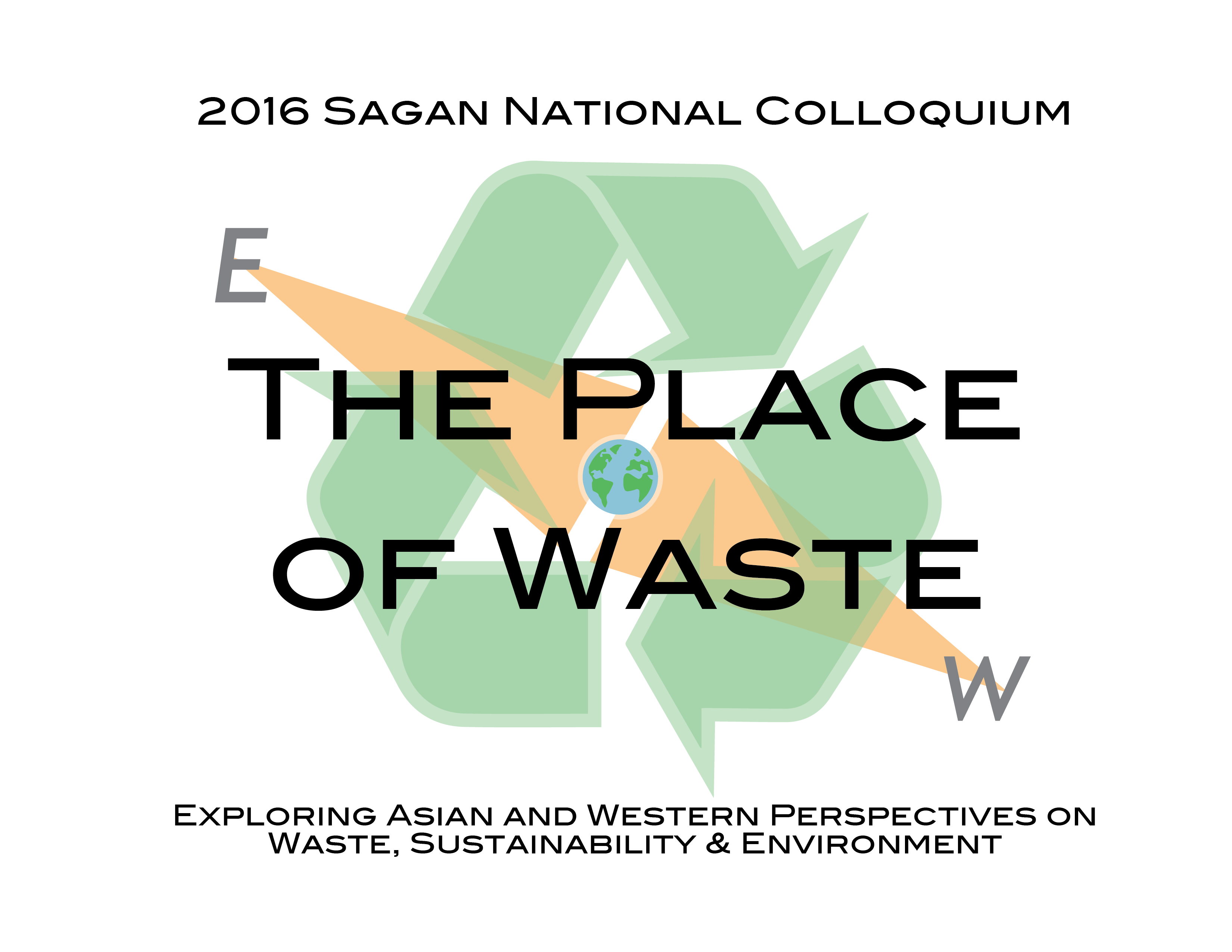


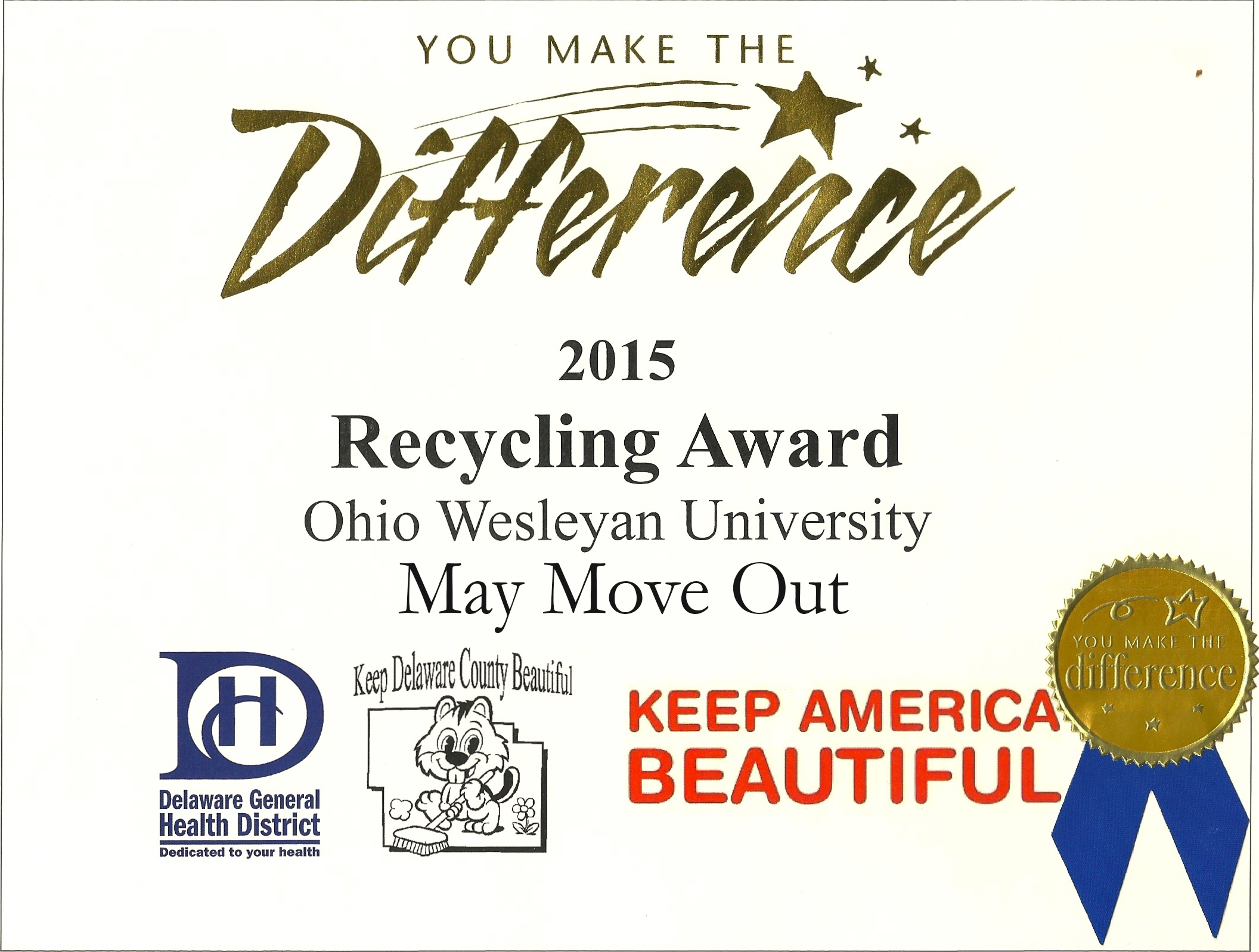

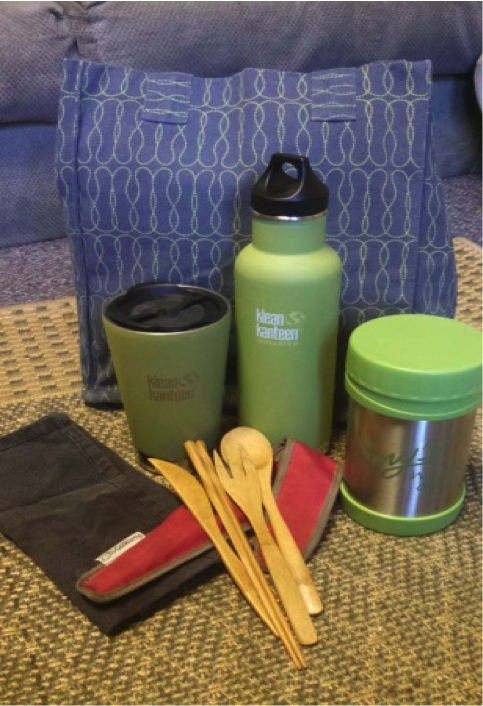
 by Reilly Reynolds (OWU ’16)
by Reilly Reynolds (OWU ’16) The first day of my new lifestyle, I bought a hot chocolate without thinking about the reusable mug I had with me. I gained a paper cup to throw in my mason jar. The second day, I realized that every time my school dining hall charges for a meal, an automatic, unrecyclable receipt prints
The first day of my new lifestyle, I bought a hot chocolate without thinking about the reusable mug I had with me. I gained a paper cup to throw in my mason jar. The second day, I realized that every time my school dining hall charges for a meal, an automatic, unrecyclable receipt prints
